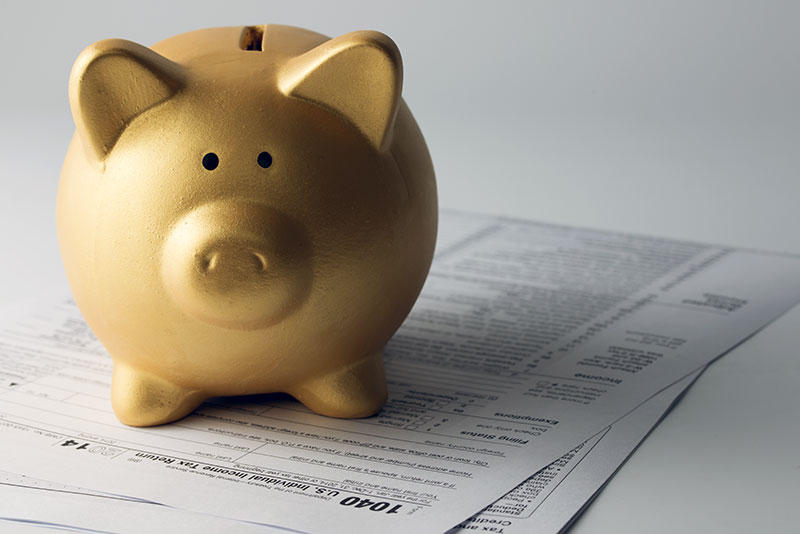
CPA vs. Accountant vs. Tax Preparer
With tax season right around the corner, it’s time to start making some decisions, especially when it comes to who is handling your taxes. There are many options at your fingertips, and we recommend conducting a bit of research so you can make a wise choice as to who is in charge of your finances.
While CPAs, accountants and tax preparers share a lot of similar qualities, we’re here to boil down the differences:
How do CPAs differ from Accountants?
Just like how all squares are rectangles but not all rectangles are squares, all CPAs are accountants but not all accountants are CPAs.
Education:
- CPAs require more education than accountants. Accountants must obtain their Bachelor’s degree in accounting. CPAs, however, not only have their Bachelor’s degree, but they also must pass a state-regulated exam to earn the title that sometimes even requires additional coursework beyond the initial degree.
Experience:
- The CPA exam measures an individual’s knowledge and experience level in four different areas – auditing, financial accounting and reporting, regulation and business environment. All parts must be passed within an 18 month time period, ensuring the aptitude of the CPA.
Specialization:
- While all accountants are skilled in financial matters, CPAs focus specifically on taxes. This specialization makes the difference when it comes to complicated tax issues.
How do CPAs and Accountants differ from Tax Preparers?
Once again, while CPAs, Accountants, and tax preparers fall into similar categories, there are notable differences that set them apart.
- Tax preparers can learn their trade on the job, whereas accountants and CPAs must obtain their Bachelor’s degree in Accounting.
- Tax preparers still have to take an exam, but it’s significantly less strenuous than the CPA test. It involves fewer questions and less of a time commitment.
- While tax preparers are still trained in financial tasks, these are more limited than those of CPAs. These tasks include bookkeeping but might not be tax-specific.
- One of the most important differences is that CPAs are qualified to represent you to the IRS. This qualification promises much peace of mind when determining who should take hold of your finances.
When it comes down to it, tax preparers do not have any unique credentials. This does not in any way mean that they are incompetent, but it does mean you should thoroughly assess their performance.
Our team of CPAs and accountants at Yeater & Associates are fully qualified to help with all of your tax needs, regardless of the scope. Call us at 970-378-4830 to set up an appointment today!



